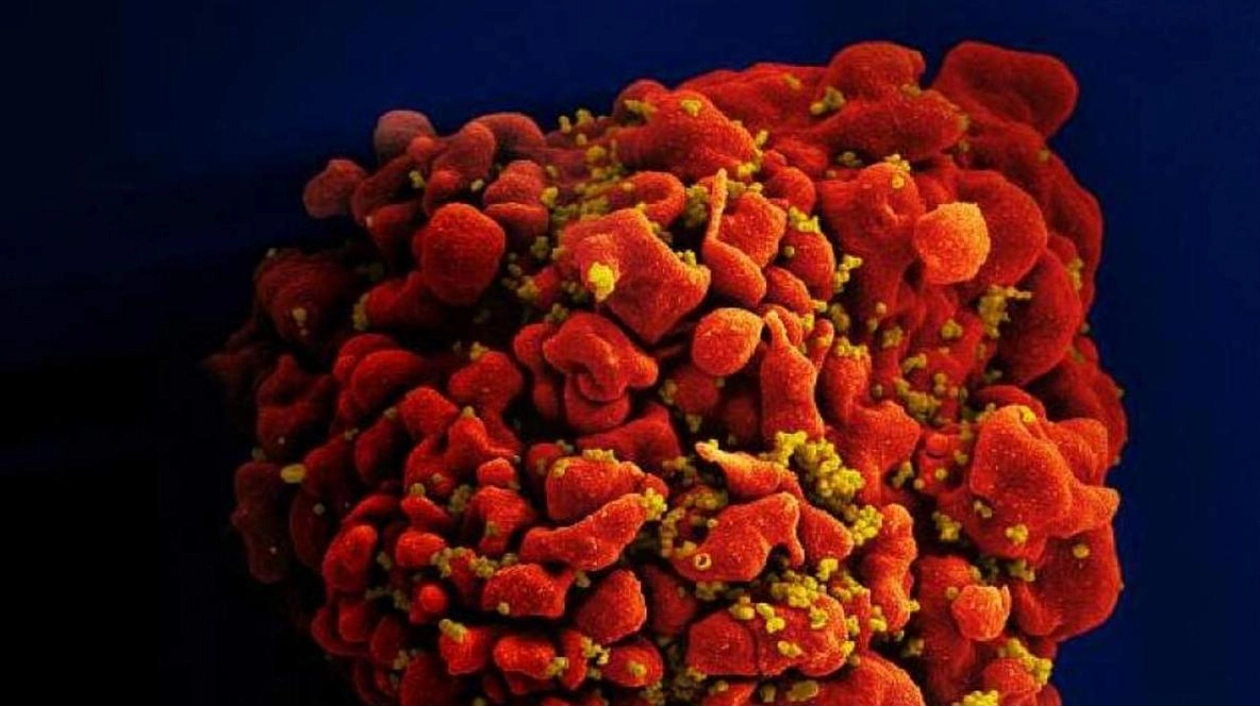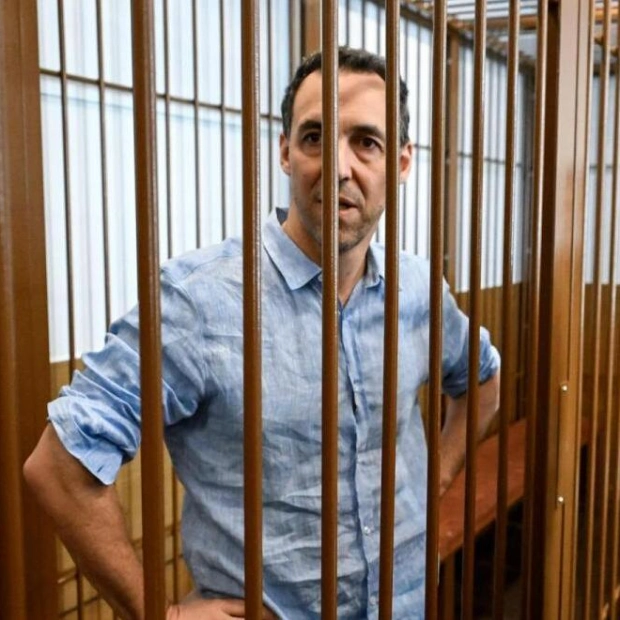A 60-year-old German man is believed to be the seventh individual to have been effectively cured of HIV following a stem cell transplant, doctors revealed on Thursday. This complex and high-risk procedure is intended for patients with both HIV and aggressive leukemia, making it unsuitable for the vast majority of the nearly 40 million people worldwide living with the virus. The man, who wishes to remain anonymous, has been referred to as the 'next Berlin patient'. Timothy Ray Brown, the original Berlin patient, was the first person to be declared cured of HIV in 2008 and passed away from cancer in 2020. Another Berlin patient achieved long-term HIV remission, a milestone announced prior to the 25th International AIDS Conference in Munich next week. Diagnosed with HIV in 2009, he underwent a bone marrow transplant for his leukemia in 2015, a procedure with a 10% mortality risk that essentially replaces the immune system. He ceased taking anti-retroviral drugs in late 2018 and, nearly six years later, appears to be free of both HIV and cancer, according to medical researchers. Christian Gaebler, a doctor-researcher at Berlin's Charite university hospital, noted that while they cannot be absolutely certain every trace of HIV has been eradicated, the case strongly suggests a cure. International AIDS Society president Sharon Lewin explained that while researchers are cautious about using the term 'cure', over five years in remission brings the patient close to that status. Notably, this patient received stem cells from a donor with only one copy of the mutated CCR5 gene, unlike others who received two copies, potentially expanding the donor pool. This case also indicates that eliminating every piece of CCR5 may not be necessary for gene therapy to be effective. The Geneva patient, another exception, received a transplant from a donor without CCR5 mutations yet achieved long-term remission, suggesting the procedure's effectiveness is not solely dependent on the CCR5 gene.

Text: Lara Palmer
18.07.2024
New case in Berlin suggests expanded donor potential and broader applicability for HIV cure research





